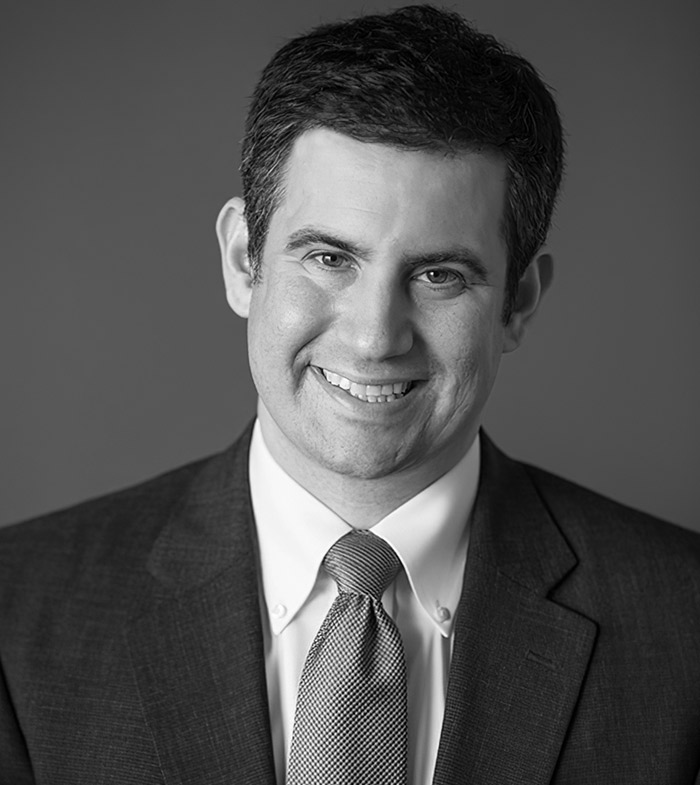In Javier Aviles v. Charles Schwab & Co., Inc., No. 10-1226 (11th Cir. July 20, 2011), a former employee of Charles Schwab was unsuccessful in persuading the Eleventh Circuit to vacate an award entered against him in an arbitration before the Financial Industry Regulatory Authority.
Javier Aviles was an employee of Charles Schwab & Co., Inc. (“Schwab”). Mr. Aviles left Schwab to join Banc of America Investment Services, Inc. (“BAI”). Schwab filed an arbitration against Mr. Aviles and BAI asserting that Mr. Aviles was improperly soliciting Schwab clients. The panel dismissed BAI but entered an award of $1.4 million against Mr. Aviles.
Mr. Aviles sought to vacate the award on several grounds. One ground was that the arbitrators refused to hear evidence material to the controversy. Mr. Aviles had sought to introduce unsworn declarations that were forms prepared by him with blanks to be filled in by former Schwab clients who followed him to BAI. The forms stated: “My decision to transfer my account to Bank of America was based solely on my own determination that it was advantageous for me to continue dealing with Javier Aviles. It was not induced, solicited, or persuaded by Javier Aviles to transfer my account.” The forms contained signature lines for the clients.
Schwab moved in limine to exclude the unsworn forms. The panel granted the motion with the chairperson stating that the panel did not want to see evidence that was not sworn to or authenticated. The chairperson offered to sign subpoenas to allow Mr. Aviles to present evidence acceptable to the panel regarding this subject matter. The chairperson also reminded Mr. Aviles that witness testimony could be introduced by telephone. Mr. Aviles did not avail himself of either of these options.
The Eleventh Circuit affirmed the District Court’s denial of Mr. Aviles’ motion to vacate, finding that the panel’s requirement that the proffered forms be authenticated was reasonable and that the panel’s rulings did not prejudice his right to introduce all evidence pertinent and material to the controversy. The Eleventh Circuit thus rejected Mr. Aviles’ argument that the arbitrators’ refusal to hear material evidence justified vacating the award.
The Eleventh Circuit also rejected Mr. Aviles’ argument of arbitrator bias. Mr. Aviles had introduced an affidavit from an arbitrator who had served on a panel with the chairperson in a different arbitration. The affiant avowed that the chairperson had made certain statements to him about his views on the role of arbitrators. Specifically, the affidavit asserted that the chairperson once told the other arbitrator that “in his view, if a court enters a preliminary injunction or temporary restraining order against the financial advisor before the arbitration, then his only task as an arbitrator in the subsequent arbitration on the merits, is to quantify and award damages against the financial advisor.” Schwab had sought and obtained a court-issued injunction against Mr. Aviles.
The Eleventh Circuit found that the affidavit did not demonstrate that the chairperson was impartial. The Eleventh Circuit held that “partiality” in this context means bias in favor of or against a party. The affidavit containing the chairperson’s alleged statement did not show that he was biased against Mr. Aviles or predisposed in favor of Schwab, or that he had even dealt with either party before.
The Eleventh Circuit found that “[a]t most, the affidavit is evidence that the chair’s understanding on a matter of law (the relationship between the issuance of the temporary injunction and the panel’s consideration of the merits) was incorrect before the hearing.” Such a misunderstanding is not evidence of bias, and manifest disregard of the law is not grounds for setting aside the arbitration award.
The Eleventh Circuit thus rejected Mr. Aviles’ various arguments to have the award set aside and affirmed the District Court’s denial of his motion to vacate.
Neal Weinrich knows noncompetes and trade secrets inside and out. A shareholder at Berman Fink Van Horn, Neal counsels clients in all industries on matters involving restrictive covenants, trade secrets and other competition-related issues.

